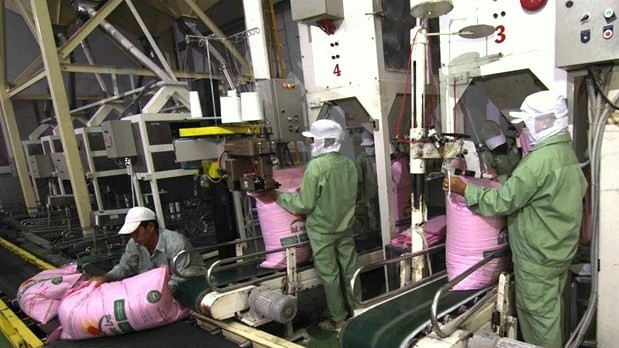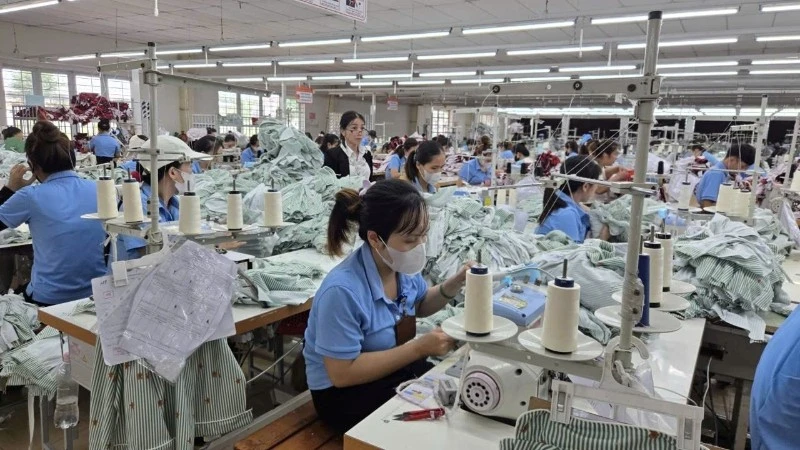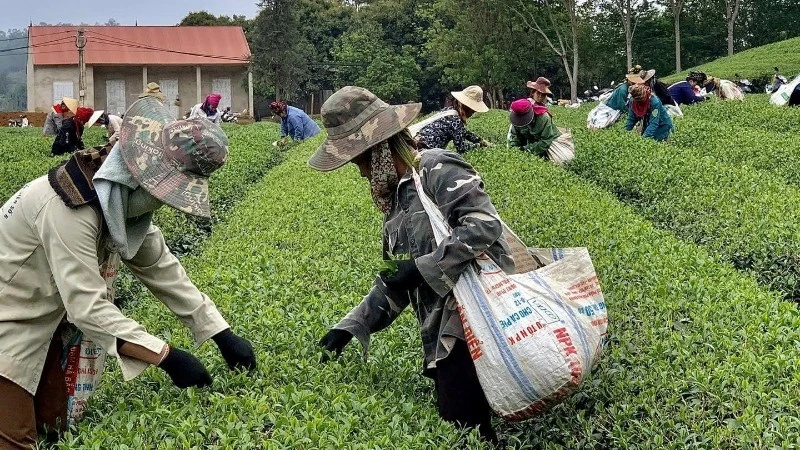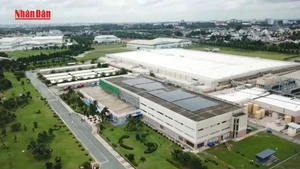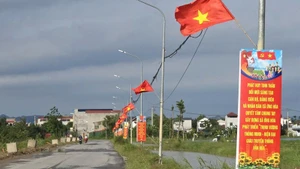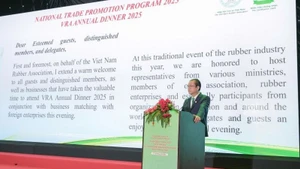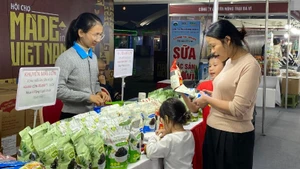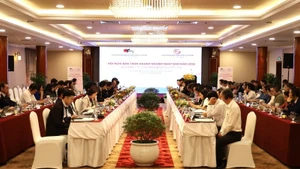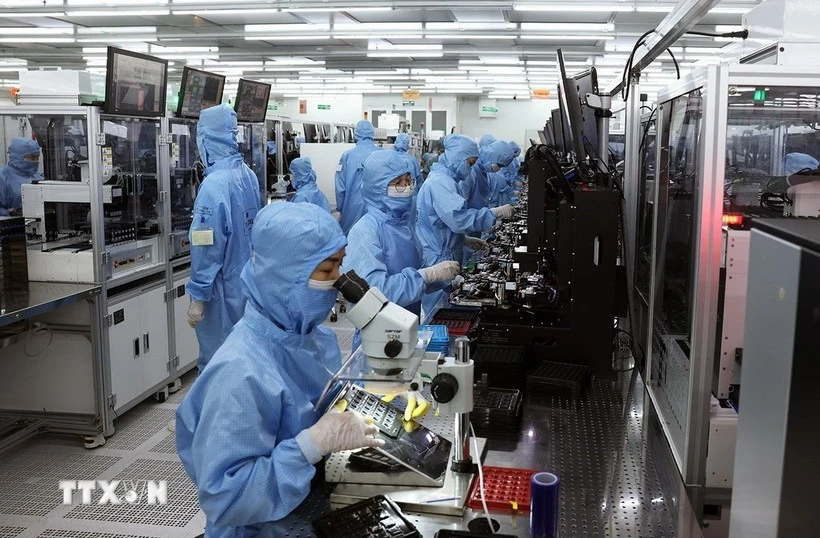Vietnam shipped 3.58 million tonnes of rice abroad, earning US$1.94 billion in the first seven months of 2021, down 10.6% in volume and 0.6% in value compared to the same period last year.
According to the Institute of Policy and Strategy for Agriculture and Rural Development under the Ministry of Agriculture and Rural Development, 550,000 tonnes of rice worth US$289 million were exported in July.
In the first half of 2021, the Philippines was the largest market of Vietnamese rice, accounting for 35.2% of Vietnam’s total rice exports, equivalent to 1.09 million tonnes worth US$579.8 million, down 20.6% and 8.6% year on year, respectively.
In the Jan-June period, the highest rise was seen in the Bangladeshi market with a 142-fold rise, while the sharpest fall was recorded in the Indonesian market with a 60.5% drop in export value.
On average, rice prices increased 11.6% year on year to US$544 per tonne, according to the institute.
Do Hoai Nam, Chairman and General Director of Intimex Group, held that it was not a big problem when rice exports reduced. The difficult thing is that domestic firms fail to fulfil orders, he stressed.
Nam explained that complicated developments of the COVID-19 pandemic in southern localities have made it difficult for rice trading, not to mention the "frozen" situation of the entire chain when a COVID-19 case is found in only one factory.
Rice traders are facing obstacles due to social distancing measures, especially in the stage of loading and unloading, causing big problems for exporters, he said.
Meanwhile, Pham Thai Binh, General Director of Trung An Hi-Tech Farming JSC, said that the firm has received orders with a total volume of over 10,000 tonnes. However, due to social distancing measures, two-thirds of its workers have been asked to temporary stay at home, leading to a lack of personnel for operations serving production and export activities.
Many rice exporters are facing the same plight, forcing them to re-negotiate with customers, and even refuse to sign new contracts.
According to the Vietnam Food Association, due to pandemic prevention and control regulations, it is difficult for domestic companies to buy, process and export rice. Meanwhile, the opportunity is high for Vietnam to increase exports as global demand is rising and supplies are reducing, especially from big exporters like India and Thailand.
Nam underlined the significance of promptly controlling COVID-19 as well as the faster vaccination for workers in food producing and processing companies.
